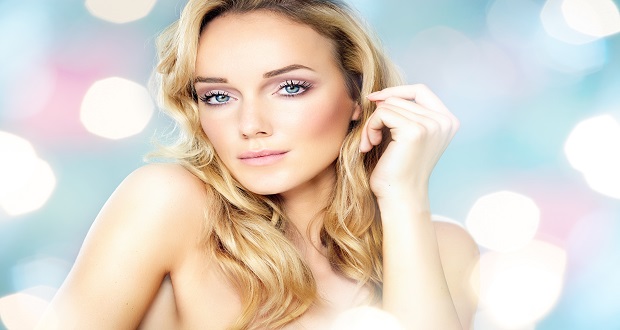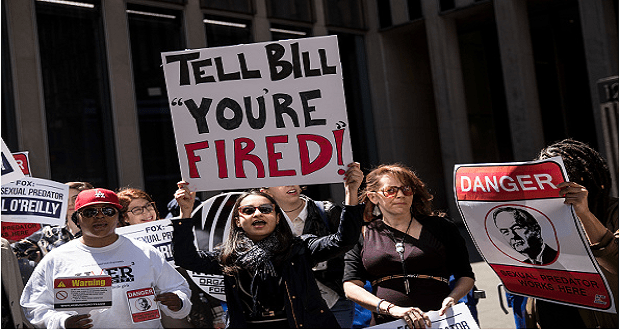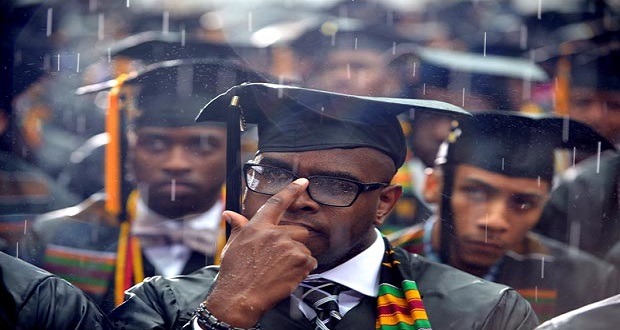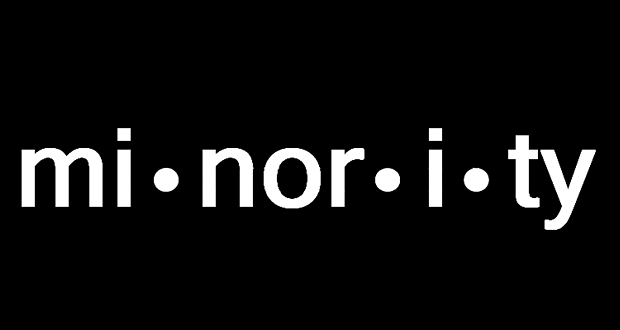
Who doesn’t want to be attractive? Everyone knows that good looks are one of life’s most valuable currencies. But there’s also an ugly side to being beautiful. Just ask one of Hollywood’s prettiest actresses, Charlize Theron. The Oscar winner recently remarked, “Jobs with real gravitas go to people that are physically right for them and that’s the end of the story. How many roles are out there for the gorgeous f—ing gown-wearing, 8-ft. model? When meaty roles come through, I’ve been in the room, and pretty people get turned away first.”
Kiera Knightely understands this, too. “Joe Wright didn’t want me for Pride and Prejudice because he thought I was too pretty,” she said on the The Graham Norton Show. (Though for the record, Wright apparently changed his mind and cast her.)
Meanwhile, Jessica Biel claims that she lost work after Esquire named her “Sexiest Woman” in 2005. She revealed to Elle magazine that a director told her that he’s not looking for the sexiest woman but the girl next door.
In other words, interesting, multi-layered characters in movies must look…average.
Oh no! What’s a gorgeous actress to do?
For starters, she can make herself what many would consider ugly: Think Theron in Monster. Or she can not look like a typical female at all: Think Hillary Swank in Boys Don’t Cry. These are just two examples that illustrate a point you already know: It’s easier for attractive people to appear ugly than for ugly people to appear attractive.
But the larger issue is that, as much as critics want to roll their eyes at a comely actress complaining about her genetic blessings, Theron’s comments are likely based in truth. For many psychological reasons too complex to cite in a blog, a lot of us stereotype beautiful people as dumb or glamorous or slutty or rich or you name it. Homely individuals can also be dumb, glamorous, slutty, and rich, but we’re more likely to recognize that they can just as easily be the smart, plain, prudish, and poor. That is, we are less likely to stereotype the unremarkable.
So yes, pretty people have problems. But still not as many issues as people who aren’t pretty. Countless studies show one’s ability to land a job or a significant other or even a friend improves proportional to one’s looks. None of which means we should roll our eyes when the beautiful among us complain. Rather, the larger point is that all of us have problems. The more we can empathize and sympathize, the better off we’ll all be.


















